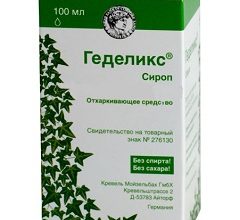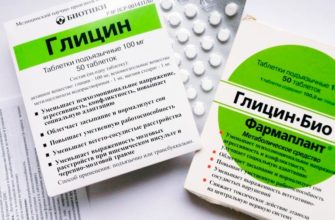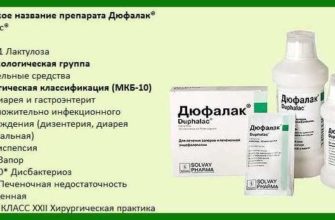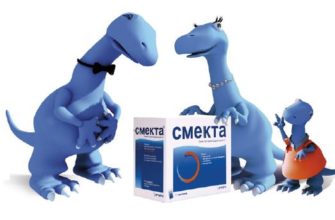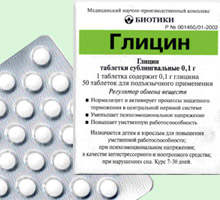
Perhaps such a drug as glycine is known to everyone. Adults and children in one way or another came across small sweet pills that can be drunk both for better falling asleep and for increasing working capacity, for example, during the exam period. Sometimes this drug is prescribed even from birth. Why glycine is useful for newborns - read below.
What is the secret of glycine?
The versatility and such a wide range of uses of glycine are due to its properties. Glycine itself is nothing more than an amino acid. This substance is not alien to the human body. Glycine is built into the metabolism and improves all metabolic processes. This drug is especially effective for problems of a neurological nature. It normalizes the metabolism in nerve cells and helps to “tune” the activity of the nervous system. The effect of glycine is manifested in the following:
- The processes of excitation and inhibition come back to normal.
- Increases mental performance.
- Increased irritability, depression goes away.
- Sleep mode is restored.
- The manifestations of vegetovascular dystonia are mitigated.
Why glycine in infants?
Sometimes glycine is prescribed to babies right from birth, sometimes in the first months of life after undergoing examination by a neurologist. Indications for the appointment of this drug may be different, but in any case they are associated with the work of the nervous system.
- In 100% of cases, glycine is recommended for children who have suffered a birth injury or have experienced hypoxia during childbirth.
- A serious and direct indication is congenital encephalopathy.
- In the first months of life, glycine can be prescribed due to hypertonicity of the limbs. Normally, an increased tone of the flexors, manifested in tightened cams and legs, passes by the end of the first month after birth. If this does not happen, medical help is needed.
- Another indication is tremor (trembling) of the chin, limbs, head, not passing to three months of age.
- Glycine is also prescribed to correct behavior. If we talk about babies, then in this case the indication will be increased irritability, anxiety, sleep disturbance, trouble falling asleep.
Some pediatricians prescribe glycine for children up to a year “just in case”, just to prevent possible problems.
How to give glycine to newborns?
Usually small white tablets are placed under the tongue and remain there until completely resorbed. For a newborn, of course, this method is not suitable. The doctor chooses the dose of the drug, in the standard version it is half or a quarter (0.25-0.5) tablets 2 times a day, the course of treatment is usually 1 month.
Glycine can be given to such babies in different ways:
- Water solution: the required dose is ground into powder and diluted with a small amount of water. You can give an aqueous solution of glycine from a spoon or from a pipette;
- From the dummy: dip the dummy into powder and give it to the baby or mother with her finger applies the powder under the tongue or on the inside of the cheek;
- From the bottle: if the baby receives a mixture or drink through a bottle - glycine powder can be added there.
We also read: how to give medicine to newborns
Glycine is prescribed to newborns for at least a month. Predicting the strength and speed of the appearance of the effect is problematic, since much depends on the individual characteristics of the body.
In general, opinions about the effectiveness of glycine are contradictory: some experts consider it to be completely useless, and explain the possible effect as the “placebo effect”, while the other part, on the contrary, attributes glycine to wonderful properties and high efficiency for any problems. The mothers of newborn babies themselves respond differently about the drug. Some notice the effect from the very first days of admission, others do not notice at all, others note the opposite effect: instead of normalizing nervous processes and calming, there is increased excitability.
With such conflicting opinions and reviews, it is logical to ask the question: is it worth taking glycine at all? In that matter, it is better to choose a middle ground between all frictions and contradictions: take only if there is evidence, monitor effectiveness, and in its absence - change the drug.
Read more about glycine:
Can glycine be given to children, why is it prescribed and how to use it correctly?
What is glycine? Can glycine be given to children and why is it prescribed? How to take and can the drug harm a child? The opinion of pediatricians and mothers -https://kid.htgetrid.com/en/zdorove-rebenka/lekarstva-dlya-novorozhdennyih/mozhno-li-davat-detyam-glitsin-zachem-ego-naznachayut-i-kak-pravilno-ispolzovat.html
Important! First-aid kit for newborns - full staff
Video on the properties of glycine (general information):


